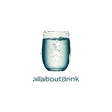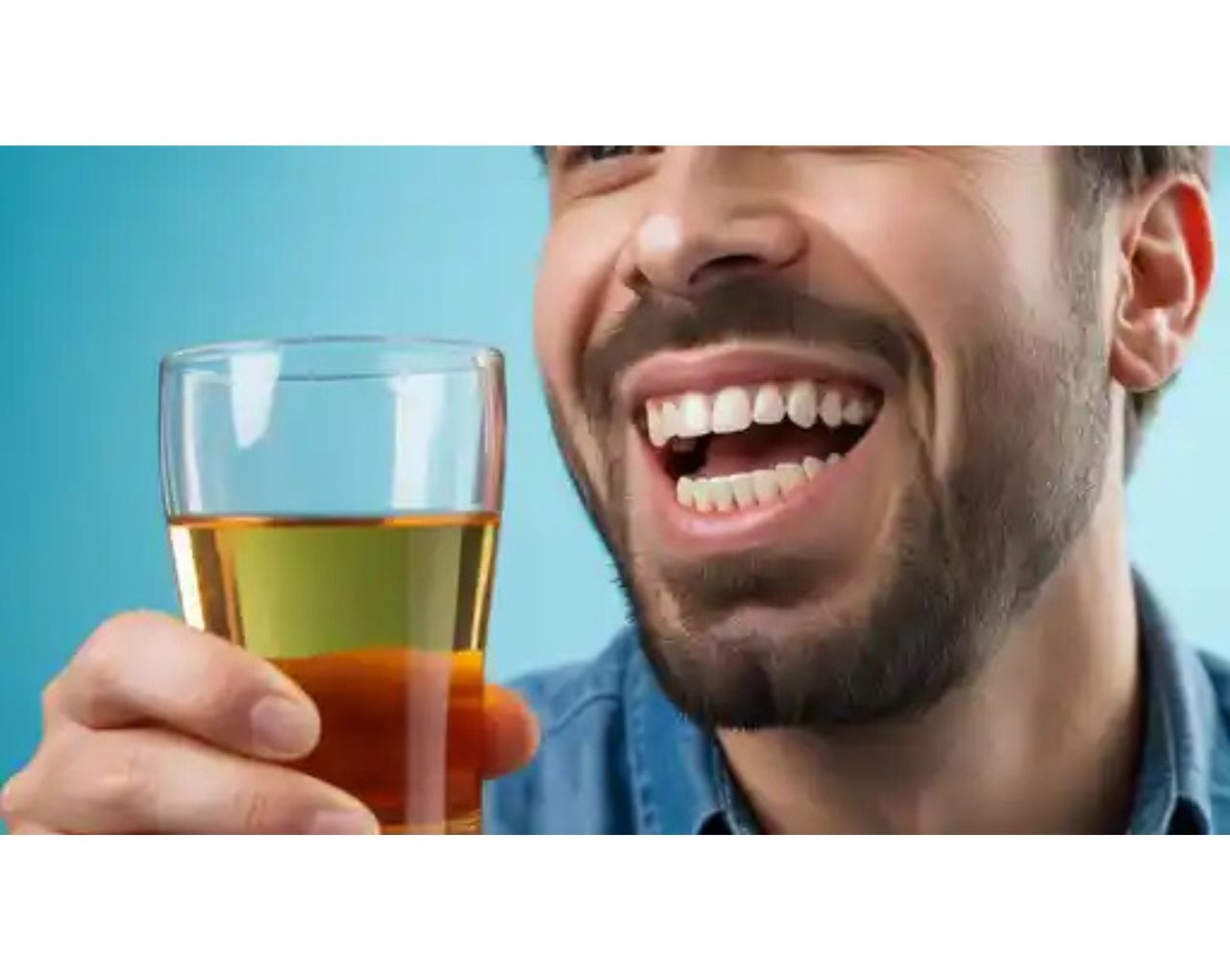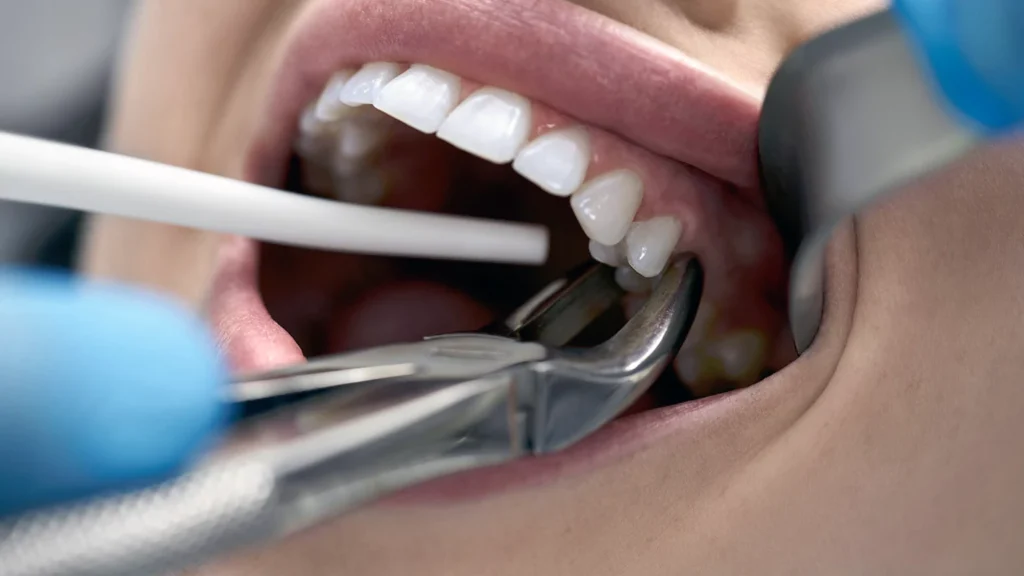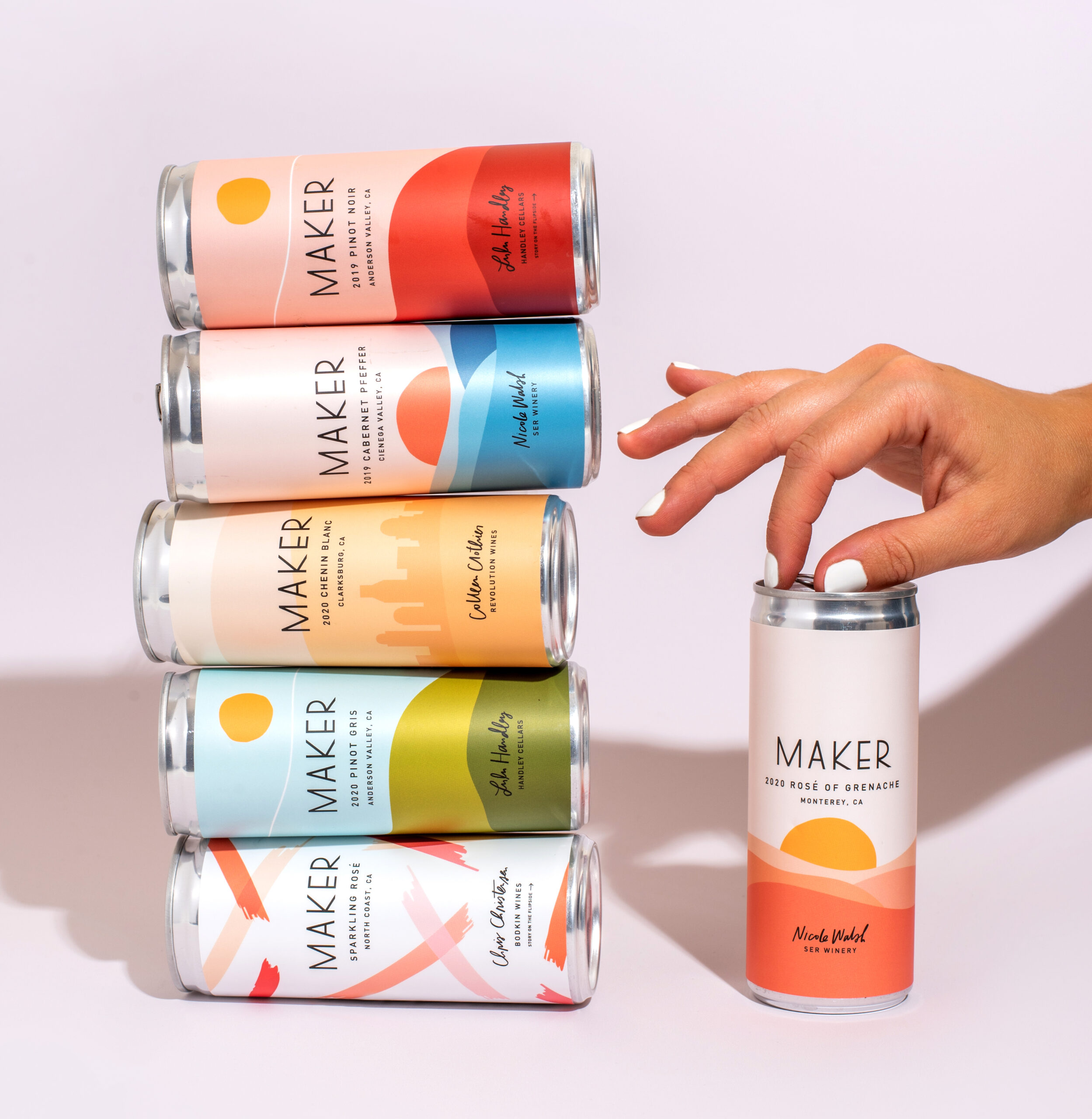After a teeth cleaning, most dentists recommend waiting at least 24 hours before drinking alcohol. For deeper procedures like scaling and root planing, you may need to wait 48–72 hours to avoid irritation, bleeding, or enamel damage. Always follow your dentist’s personalized advice for safe recovery.
Why Delaying Alcohol After Teeth Cleaning Matters
If you’ve recently had your teeth cleaned, you might be wondering, “How long after teeth cleaning can I drink alcohol?” The timing is important because alcohol can dry out oral tissues, irritate sensitive gums, and interfere with fluoride protection applied during your visit.
Drinking too soon may undo the benefits of your cleaning and slow gum recovery. Dentists often caution patients to hold off for at least a short period, especially after deep cleanings or scaling. Knowing why alcohol after teeth cleaning requires caution helps you protect your oral health and avoid setbacks in your healing process.
Typical Wait Time Before Drinking Alcohol
So, how long after teeth cleaning can I drink alcohol? Most dentists recommend waiting at least 24 hours before reaching for wine, beer, or liquor. This allows your gums time to recover from minor irritation caused by scaling and polishing. If you’ve had a deeper cleaning, such as scaling and root planing, waiting up to 72 hours is often advised.
Alcohol too soon can cause dryness, discomfort, or even bleeding in sensitive areas. When in doubt, follow your dentist’s aftercare instructions, as healing time can vary depending on the type of procedure and your overall oral health.
How Long to Wait After Different Types of Teeth Cleaning
| Type of Teeth Cleaning | When You Can Drink Alcohol | Reason |
|---|---|---|
| Routine dental cleaning | After 24 hours | Allows gums and enamel to settle before exposure to alcohol. |
| With fluoride treatment | After 6 hours | Prevents alcohol from washing away protective fluoride. |
| Deep cleaning / Scaling & root planing | After 48–72 hours | Gives gum tissues time to heal and reduces irritation risk. |
| If gums were swollen, sensitive, or bleeding | Wait longer (as advised) | Healing varies; alcohol can worsen irritation and slow recovery. |
| General rule | When gums feel comfortable | Always follow your dentist’s specific recovery plan for best results. |
Why Alcohol Can Interfere with Healing After Cleaning
Many people ask, “how long after teeth cleaning can I drink alcohol without issues?” The concern lies in how alcohol interacts with your mouth during recovery. Alcohol can dry out oral tissues, which slows down gum healing. It may also irritate sensitive areas, especially if your cleaning involved scaling or root planing.
Another issue is that alcohol can wash away fluoride treatments, reducing their protective benefit. In some cases, alcohol increases the risk of bleeding, swelling, or even infection, since it creates an environment where bacteria thrive. Beer, wine, and cocktails can also be acidic or sugary, which adds more stress to recently cleaned enamel.
Even if you feel fine, drinking too soon could undo the positive effects of your dental visit. That’s why dentists emphasize patience before resuming alcohol. Giving your mouth proper time to recover ensures stronger gums and better long-term oral health.
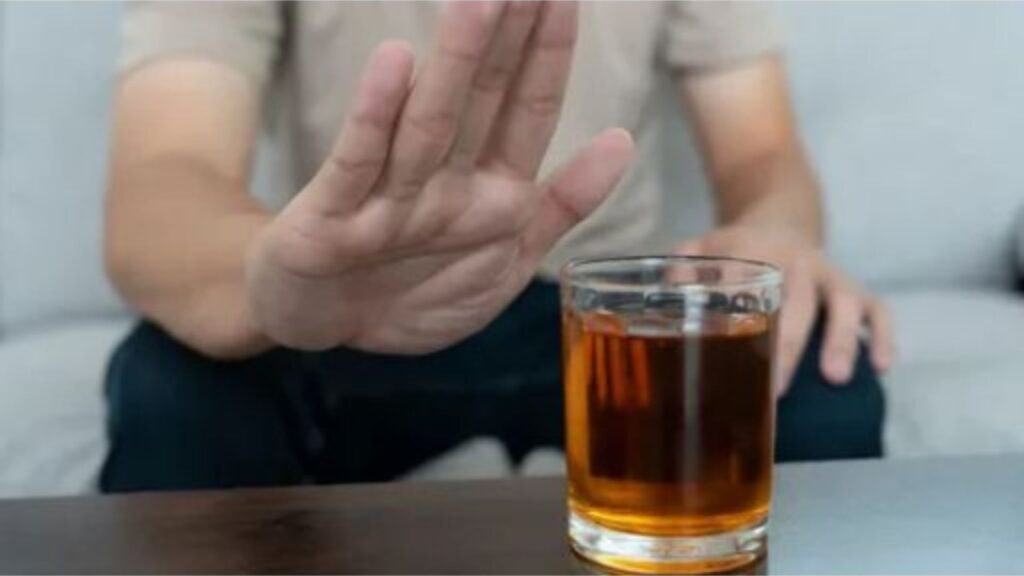
What Affects Recovery: Sensitivity, Deep Cleaning, Medications
| Factor | Impact on Alcohol Timeline | Details |
|---|---|---|
| Routine cleaning | 24 hours | Gums usually recover quickly after a standard cleaning. |
| Deep cleaning / Scaling | 48–72+ hours | Healing takes longer due to gum irritation and deeper tissue involvement. |
| Gum sensitivity | Delays alcohol consumption | Swollen or irritated gums are more prone to bleeding and irritation. |
| Medications | Avoid alcohol until cleared by dentist | Antibiotics or pain relievers can interact dangerously with alcohol. |
| Age & oral health | Recovery speed varies | Older age, weaker immunity, or poor oral health may extend healing time. |
What to Drink Instead While You Wait
If you’re wondering what to drink instead while waiting to have alcohol after teeth cleaning, there are plenty of safe choices. Water is always the best option because it hydrates and helps flush away bacteria without irritating your gums.
Clear broths or lukewarm herbal teas are also gentle on sensitive tissues and provide comfort during recovery. If you need extra nutrition, try smooth protein shakes or seedless smoothies, but avoid adding alcohol. Diluted, non-acidic juices like apple or pear can be enjoyed in moderation.
On the other hand, steer clear of soda, wine, or beer until your gums have healed. Choosing these alternatives helps protect your mouth, maintain the benefits of your cleaning, and keep recovery on track.
Common Questions About Alcohol and Dental Cleanings
1. Can I have wine the day after dental cleaning?
It’s best to wait at least 24 hours. Wine, especially red wine, can irritate gums and stain enamel, which is more porous and sensitive right after cleaning.
2. What happens if I drink alcohol too soon after cleaning?
Alcohol can cause dryness, bleeding, and delayed healing. It may also wash away fluoride protection or increase the risk of infection.
3. Does alcohol affect fluoride treatment after cleaning?
Yes. Alcohol weakens fluoride’s effectiveness, especially if consumed within the first few hours after your appointment, reducing its ability to strengthen enamel.
4. Is beer safer than liquor after teeth cleaning?
Not really. Beer is acidic and contains sugars that can harm enamel and gums. It’s better to avoid all alcohol for the recommended time.
5. How long after deep cleaning can I drink alcohol?
Most dentists suggest waiting 48–72 hours after scaling and root planing. If gums are still sore or bleeding, you should wait even longer.
